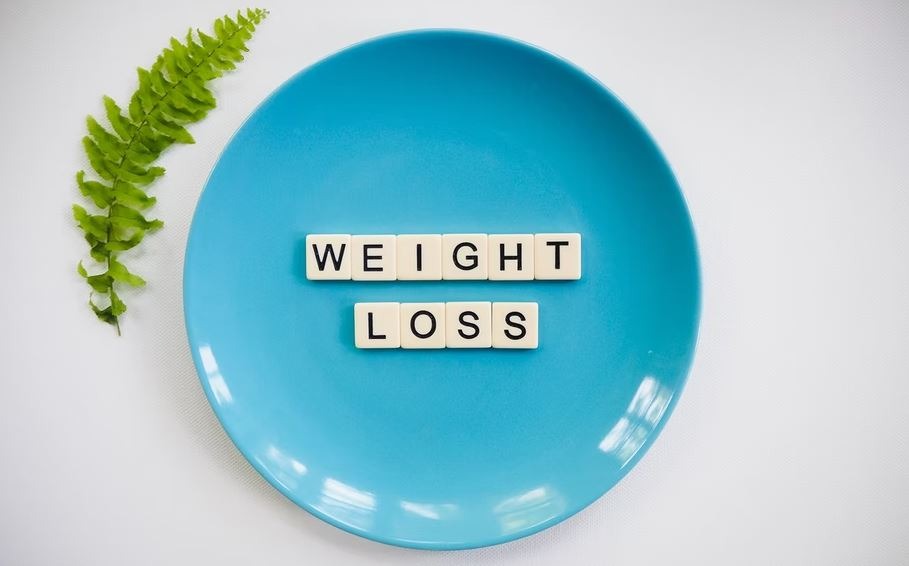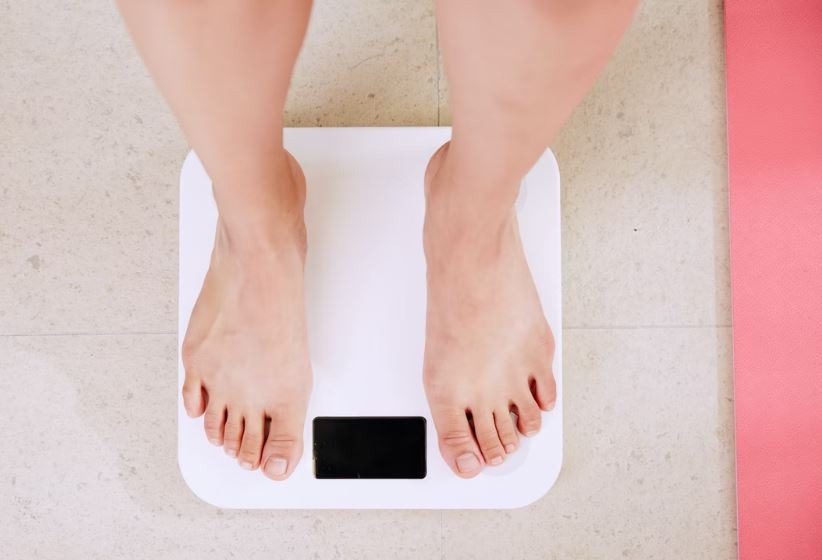The cabbage soup diet is a low-calorie diet that limits carbohydrate consumption to less than 30 grams per day. The diet also contains cabbage soup and other vegetables, as well as low-fat and low-protein meat. This diet can be pursued for a period of up to three weeks.
Criticism About The Cabbage Soup Diet
The diet has been criticized by many people, including doctors. Because the majority of the weight lost is water rather than fat, it is not permanent. While on the diet, you consume far fewer calories per day than is considered safe for long-term consumption. Furthermore, the soup recipe is frequently given with an extremely high sodium content, which is usually added to make it palatable, and the diet provides virtually no protein for several days at a time. During the diet, many people are feeling weak and dizzy. The most frequent type of soup recipe has been criticized as bland, though spicy variations have appeared. Despite this, due to the soup’s blandness, few people complete the seven-day diet, and many people report feeling dizzy and nauseous whenever they smell the soup near the end. Flatulence has also been mentioned as a common diet side effect.
The Cabbage Soup Diet for 7 Days
The idea behind this diet is to eat cabbage soup for the majority of your meals—at least 2 to 3 times per day—with a few exceptions on specific days. There are many variations of cabbage soup, but the majority of them are fat-free and made with cabbage, other vegetables, herbs, spices, and broth. You can also read the 7-day fat flushes cabbage soup recipe and guidelines. The cabbage soup diet has no set schedule, and certain beverages are prohibited, including alcohol and non-zero calorie beverages. The cabbage soup diet is demonstrated in this example:
- Day 1: Unlimited fruit and cabbage soup (except bananas)
- Day 2: Cabbage soup and an unlimited supply of fresh, raw, or cooked vegetables (except dry beans, peas, and corn); dinner: large baked potato with butter
- Day 3: Unlimited fruit and vegetables (except bananas) and cabbage soup
- Day 4: Unlimited skim milk, cabbage soup, and up to eight bananas
- Day 5: Cabbage soup, beef or poultry between 10 and 20 ounces, and up to six fresh tomatoes
- Day 6: Unlimited beef and vegetables, cabbage soup
- Day 7: Cabbage soup, brown rice, unsweetened fruit juice, and vegetables are all included.
What You Can Eat
Every day for the next seven days, you will eat homemade cabbage soup. On certain days, you are also permitted to consume an additional food or group of foods and beverages that are mostly low in calories but high in nutrients.
1. Homemade Cabbage Soup
The cabbage soup recipe comes in several variations. A head of cabbage, canned tomatoes, onion, garlic, broth, vegetables, and bouillon are all common ingredients in most of them. The cabbage soup will be consumed for the entire 7-day diet, so make large batches ahead of time.
2. Additional Foods and Beverages
The cabbage soup diet allows you to drink as much water or unsweetened tea as you want. On certain days, some versions allow certain fruits and vegetables, such as vegetables, baked potatoes with butter, nonfat milk, fruits, beef, fish, poultry, brown rice, and unsweetened fruit juice.
What You Cannot Eat
You are not allowed to eat or drink anything that is not on the 7-day cabbage soup meal plan. Alcohol, most grains and bread products, sugary drinks and fruit juices, and high-fat foods all fall into this category.
The Cabbage Soup Diet’s Advantages
Diets that are extremely restrictive and short-term, such as the cabbage soup diet, can help you lose weight quickly. It is, however, not long-term and can lead to unhealthy eating habits. However, proponents of the diet point out some of its advantages. Among them are:
1. Simple to Remember
With only a few foods on the allowed list, remembering what you can and cannot eat is simple. You can also eat as much cabbage soup as you want, which helps to keep hunger at bay.
2. Quick Commitment
Because the cabbage soup diet is only suggested for seven days, some people may find it easier to stick to it. Longer food restrictions can feel overwhelming, leading to early diet termination.
3. Lose Weight Quickly
Most people like the idea of losing weight quickly. The cabbage soup diet claims to help you lose up to 10 pounds in one week, but there is no evidence to back up this claim. Researchers haven’t looked into the effects of the cabbage soup diet specifically, but because it’s a very low-calorie diet, research on the topic is relevant. Reduced-calorie diets have been shown to aid weight loss in studies.
While the plan may help you lose weight quickly, it is not a long-term solution for weight management.
The Drawbacks of Cabbage Diet Soup
The cabbage soup diet has many disadvantages, including being restrictive and resulting in rapid weight loss that is unlikely to last. Here are some of the disadvantages of the cabbage soup diet.
1. Lack of Flexibility
There is no room for variety in the cabbage soup diet because it is so strict and rigid. The cabbage soup diet is often boring, especially after 7 days of eating cabbage soup.
2. Calorie Restriction Extreme
Eating a nutritious, balanced diet without severe restrictions or nutritional exaggerations is the key to effective weight loss. The cabbage soup diet limits calories to less than 1,200 per day, which is the minimum recommended for healthy weight loss and restricts several foods and food groups.2 Eating fewer than 1,200 calories per day is considered severely restricted, which can lead to disordered eating behaviors and malnutrition.
3. Scientific Evidence Isn’t Supported
Despite anecdotal evidence, there is no scientific evidence to support the cabbage soup diet’s claims. Neither cabbage nor cabbage soup has the claimed fat-burning properties.
4. Not a Long-Term Answer
The cabbage soup diet is not a long-term weight-loss or weight-management plan, and there is no guidance on how to stop following it. That means that if you stop dieting, you’ll likely revert to your old habits and gain weight. There is also no discussion or guidance on emotional eating.
In summary, nobody should pursue a diet plan that is less than 1,200 calories without medical supervision. Instead, you should focus on the healthy weight loss foods to eat. Any diet plan with such a low-calorie intake should be avoided. This could result in serious health problems and nutrient deficiencies, and at the very minimum, your weight will likely return once the diet is finished. Anybody with a history of unhealthy eating should avoid the diet.


